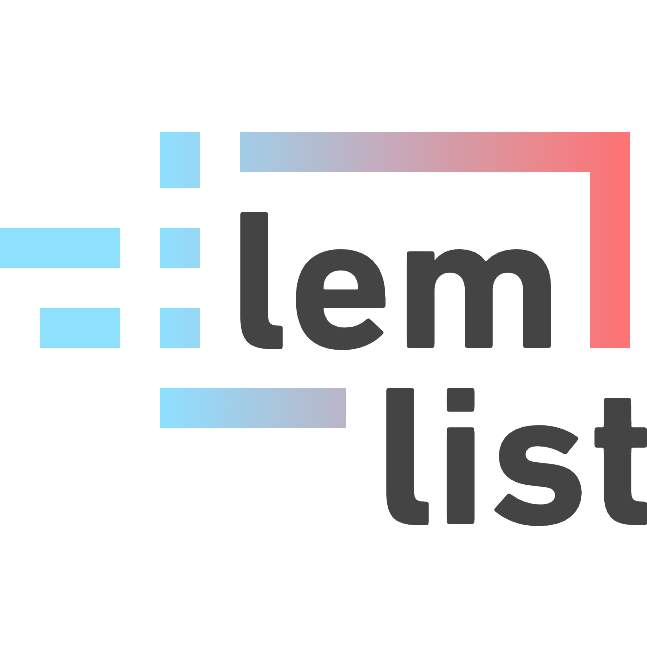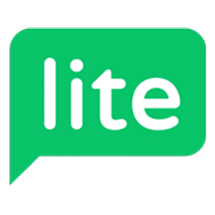Intercom vs Salesforce
Hyperise integrates with 100's of sales and marketing tools, many of which are in the CRM category. With so many to choose from it's sometimes hard to know which is best, but don't worry, we've got your covered.
In this comparison guide we're going to look at the Highlights, Pros, Cons and Pricing of Intercom and Salesforce. We'll also delve into the details of which offers the best personalization options within CRM, with there respective Hyperise integrations
Intercom
Pricing: Intercom has four pricing plans: Starter ($49/month), Regular ($83/month), Pro ($249/month), and Custom ($500/month+). Each plan comes with different features and benefits. For full details on all of Intercom's plans, including feature information and pricing, please visit their website at www.intercom.com/pricing.Vs
Salesforce
Pricing: Salesforce offers various pricing models to fit your needs, including subscription-based pricing, pay-as-you-go licensing, and custom user-based solutions. These include Salesforce Enterprise Edition (EE), Professional Edition (PE) and the Unlimited Edition (UE). Prices range from $25 per user per month for Salesforce EE to $250 per user per month for Salesforce UE.
Intercom vs Salesforce Highlights
Intercom is a customer communication platform that focuses on providing a better customer experience while Salesforce provides a suite of customer relationship management tools. The main difference between Intercom and Salesforce is that Intercom focuses more on direct customer communication, including live chat, email, and in-app messaging, while Salesforce includes a wide range of features, including analytics, sales, marketing, and customer service. Intercom is geared more towards smallto medium-sized businesses, while Salesforce is used by corporations, financial institutions, and large enterprises. Other differences between the two include pricing, customization, integrations, and level of user engagement. Intercom is a more affordable solution with the ability to tailor messages and user experiences and offers a higher level of user engagement. Salesforce is more expensive, but offers powerful integrations and a vast array of features, customization options, and analytics.
Intercom vs Salesforce Pros
Intercom Pros
- More affordable than Salesforce: Intercom typically costs up to 70% less than Salesforce.
- Easy set-up: Intercom requires little-to-no technical setup and you can get started in as little as 15 minutes.
- Automated, targeted customer responses: Intercom can automatically respond to customer questions and inquiries, saving you time and resources.
- Built-in analytics: The robust analytics suite built into Intercom lets you measure customer engagement and quickly identify trends.
- Scalable: Intercom's scalable architecture allows you to quickly add and manage users and departments while keeping costs low.
- Comprehensive customer support: Intercom includes comprehensive customer support tools like live chats, email, and phone call support.
Salesforce Pros
- Pros of Salesforce compared to Intercom:
- Comprehensive feature set with robust customization capabilities
- Broad customer base, with a huge number of companies already relying on it
- Variety of add-on integrations, such as marketing and commerce solutions
- Salesforce-specific development tools enabling faster development process
- Robust contact management with automation capabilities
- Ability to support large customer resource databases
- Integrated reporting and analytics to track performance and improve customer service
- Comprehensive app marketplace with customizable apps
Intercom vs Salesforce Cons
Intercom Cons
- Cost: Salesforce is typically more expensive than Intercom.
- Functionality: Intercom provides basic sales automation but may not be as comprehensive or customizable as Salesforce.
- Learning curve: Salesforce is more complex and may require more training than Intercom.
- Integration: Intercom may not integrate as well with third-party tools as Salesforce.
- Security: Since Salesforce is a more mature product it may offer better security than Intercom in certain areas.
Salesforce Cons
- Salesforce is more expensive than Intercom
- Salesforce requires a steeper learning curve and more user training, whereas Intercom is more user-friendly
- Salesforce offers fewer customer engagement features than Intercom
- Salesforce does not provide an all-in-one customer support and communication platform, whereas Intercom does
- Salesforce does not have built-in targeted feedback capabilities, while Intercom has advanced targeted capabilities
- Salesforce is not as completed when it comes to customer support processes and automation, while Intercom is more in tune with customer support best practices
Intercom & Salesforce Hyperise Integrations
Intercom uses the HTML code embed method to integrate with Hyperise, giving a simple way to add personalized images to your messages.
Intercom makes the following data points available to Hyperise, to enable personalization in images used in outreach and linked out to your personalized website landing pages.
- Using business Email passed from Intercom, Hyperise is able to enrich business logo and website screenshots. In some cases, with a business Email we're also able to enrich profile images, subject to the business email having a publicly available profile.
- Business name
- Using business Website passed from Intercom, Hyperise is able to enrich business logo and website screenshots.
Intercom Integration Guide
Salesforce uses the HTML code embed method to integrate with Hyperise, giving a simple way to add personalized images to your messages.
Salesforce makes the following data points available to Hyperise, to enable personalization in images used in outreach and linked out to your personalized website landing pages.
- Using business Email passed from Salesforce, Hyperise is able to enrich business logo and website screenshots. In some cases, with a business Email we're also able to enrich profile images, subject to the business email having a publicly available profile.
- Using business Website passed from Salesforce, Hyperise is able to enrich business logo and website screenshots.
- Business name
- City
- State
- Country
- Zip
- Category
Salesforce Integration Guide
 vs
vs  vs
vs  vs
vs  vs
vs  vs
vs  vs
vs  vs
vs  vs
vs  vs
vs  vs
vs  vs
vs  vs
vs  vs
vs  vs
vs  vs
vs 













 vs
vs  vs
vs  vs
vs 




